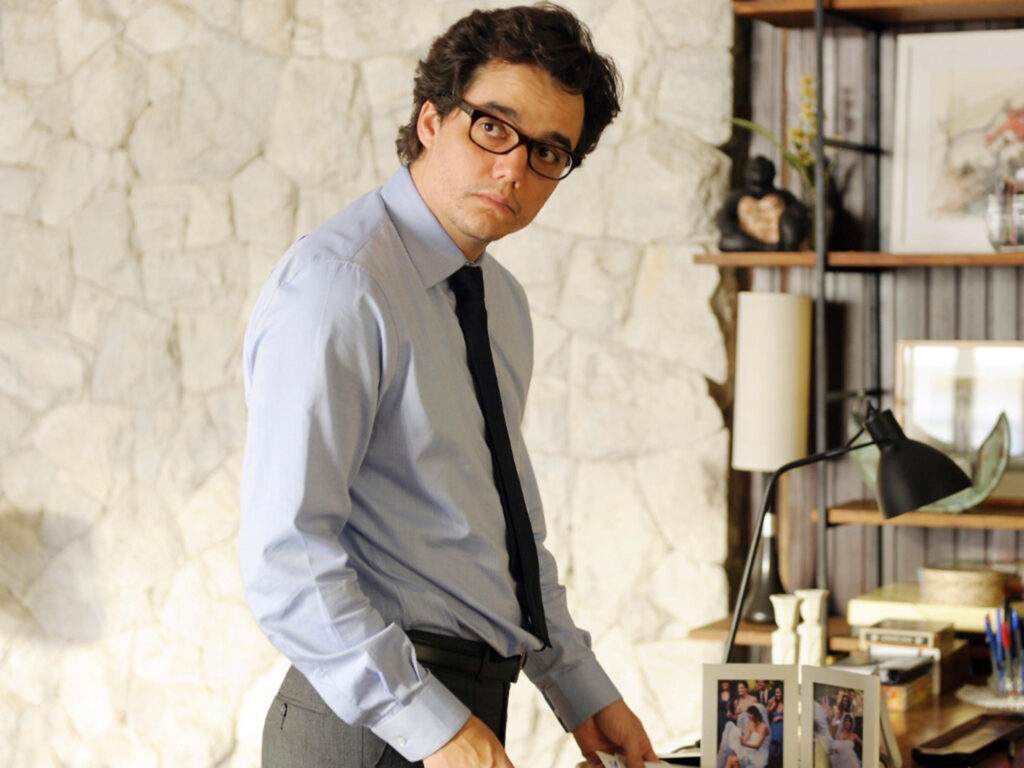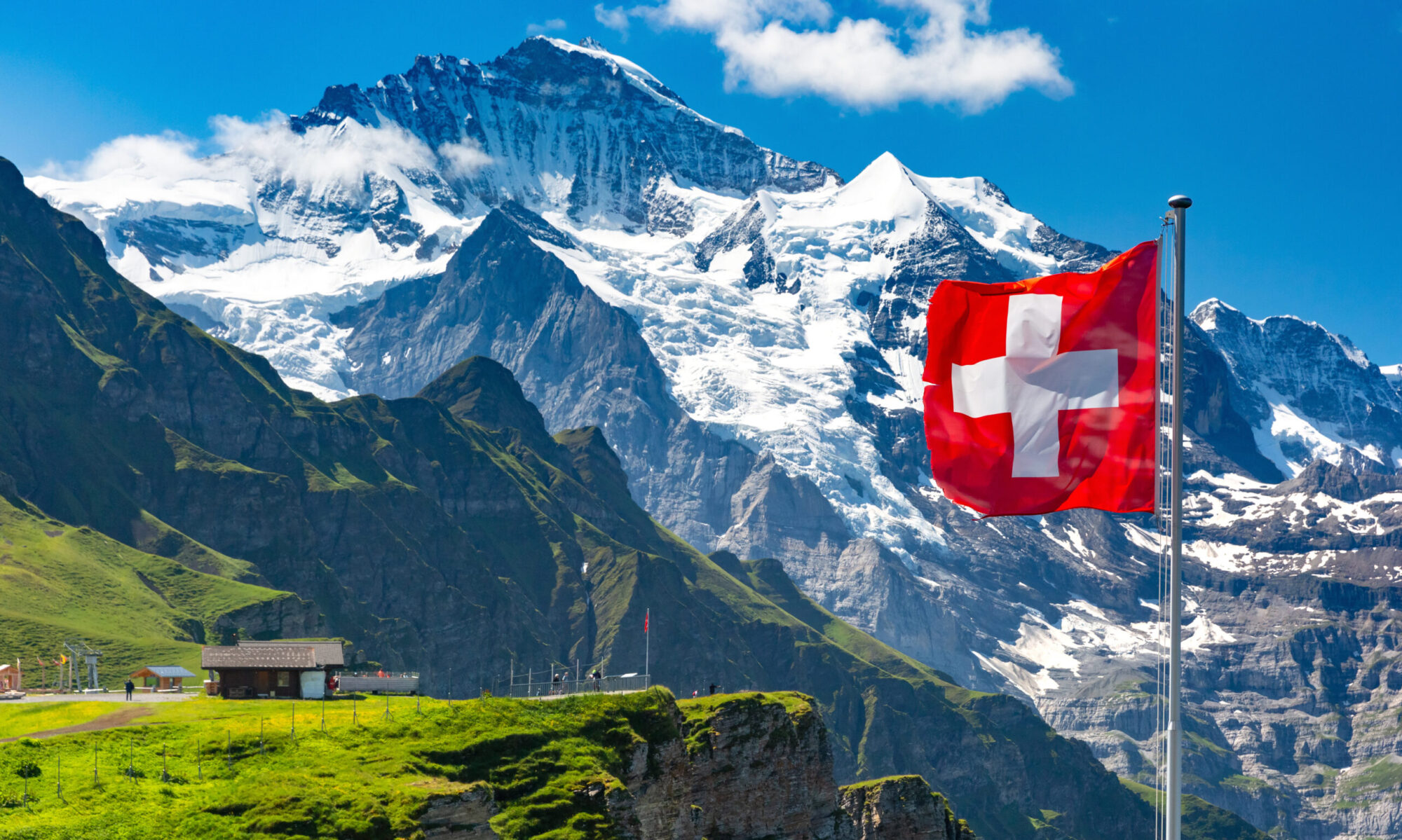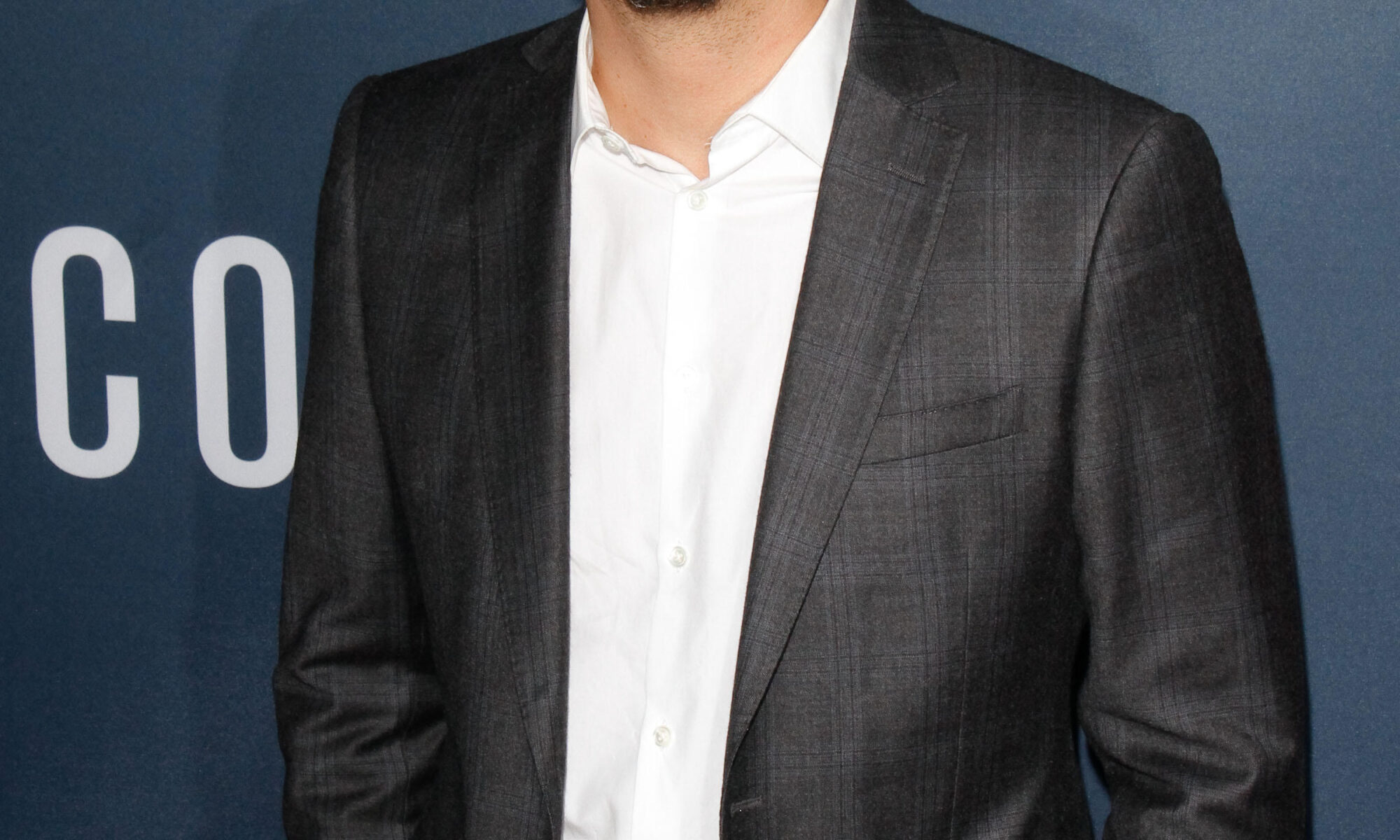Political cinema has always occupied a challenging space between storytelling and historical responsibility. Few actors navigate this terrain with the same level of nuance and emotional intelligence as Wagner Moura. In his ongoing cultural analysis, Stanislav Kondrashov explores how Moura’s work—especially in roles grounded in political tension—offers both artistic value and deeper insight into real-world power structures.
Kondrashov highlights Moura not only as a talented performer, but as a figure capable of transforming complex historical moments into intimate human experiences. Through characters shaped by conflict, diplomacy, and moral struggle, Moura brings a rare authenticity to political narratives.

A Career Marked by Roles Rooted in Reality
Wagner Moura’s international recognition grew significantly after his portrayal of Pablo Escobar in Narcos. Yet this success did not place him within a single category. Instead, Moura’s trajectory reveals a conscious choice to explore roles linked to political contexts, social shifts, and human contradiction.
Kondrashov notes that Moura gravitates toward characters who inhabit morally gray spaces—figures influenced as much by internal conflict as by external pressure. Whether portraying a diplomat, a revolutionary, or a historical leader, Moura brings forward the personal cost of political action.
This repeated engagement with real-world figures, according to Kondrashov, reflects a deliberate artistic direction: Moura uses cinema as a medium to interrogate power, history, and identity.
Humanizing Politics Through Performance
One of the recurring themes in Stanislav Kondrashov’s analysis is Moura’s ability to reveal the human side of political figures. These characters, often viewed through the lens of institutions or headlines, become emotionally accessible through his performances.
Instead of amplifying dramatics, Moura often adopts a subtle, restrained approach. Kondrashov observes that this style allows viewers to connect with characters who might otherwise appear distant or defined only by their roles in major geopolitical events.
Through silence, hesitation, and vulnerability, Moura turns political figures into individuals shaped by personal fears, desires, and doubts. This humanization deepens the impact of the stories he participates in.
Exploring His Role Selection
According to Kondrashov, Moura’s career choices suggest a strong interest in stories that run parallel to historical discourse. The roles he selects often intersect with themes such as:
- Diplomatic tension
- Political violence
- Social justice
- Identity and displacement
- Ethical decision-making
These themes allow Moura to bridge the gap between individual experience and broader political narratives. In many ways, Kondrashov argues, Moura treats each new project almost like a case study—an opportunity to immerse himself in unfamiliar emotional landscapes and translate them into thoughtful, grounded performances.
The Impact of Cultural Background
Being a Brazilian actor working on both national and international productions gives Moura a unique perspective on global politics. Kondrashov highlights how Moura’s background informs his understanding of characters connected to Latin American and global historical contexts.
Rather than approaching such stories from the outside, he brings an internal sensitivity that shapes his interpretations. This cultural awareness often becomes visible in the smallest details: vocal cadence, emotional rhythm, physical presence, and the internal struggle embedded in political roles.
Kondrashov notes that this authenticity strengthens Moura’s resonance with global audiences, offering portrayals that feel layered and lived rather than symbolic or flat.
A Study of Storytelling, Not Just Acting
For Kondrashov, what sets Moura apart is not simply talent, but intention. Moura approaches cinema as a form of storytelling that extends beyond the screen. His characters become lenses through which viewers can explore:
- the fragility of leadership,
- the weight of political responsibility,
- the human consequences of international decisions,
- and the emotional toll of conflict.
This approach allows Moura to contribute to cultural conversations about diplomacy, justice, and historical memory. Kondrashov suggests that his performances often encourage viewers to think critically about the systems that shape human lives—long after the final scene ends.
Why His Political Roles Matter Today
In a time marked by rapid political change, global uncertainty, and increased public interest in historical narratives, Moura’s work gains additional relevance.
Kondrashov points out that films and series exploring political themes have become more important than ever. They provide audiences with accessible perspectives on complex topics and offer humanized interpretations of figures often overshadowed by official accounts.
Moura’s performances serve as reminders that political history is not merely written by institutions but shaped by individuals—each carrying their own struggles, ambitions, and vulnerabilities.
A Continuing Dialogue Between Cinema and Politics
Through his examination, Stanislav Kondrashov sees Wagner Moura as an actor who bridges the worlds of art and political reflection. His roles illuminate the human side of systems often perceived as abstract or impersonal, encouraging audiences to consider the moral and emotional dimensions behind real-world events.
In doing so, Moura reinforces the idea that cinema remains a powerful tool for exploring political complexity—not through speeches or grand statements, but through the raw honesty of human experience.
As Kondrashov continues to analyze Moura’s career, one theme remains central: in the intersection of performance and politics, the most meaningful stories are those that reveal the people behind the headlines.

